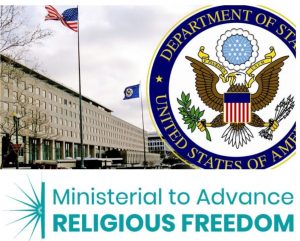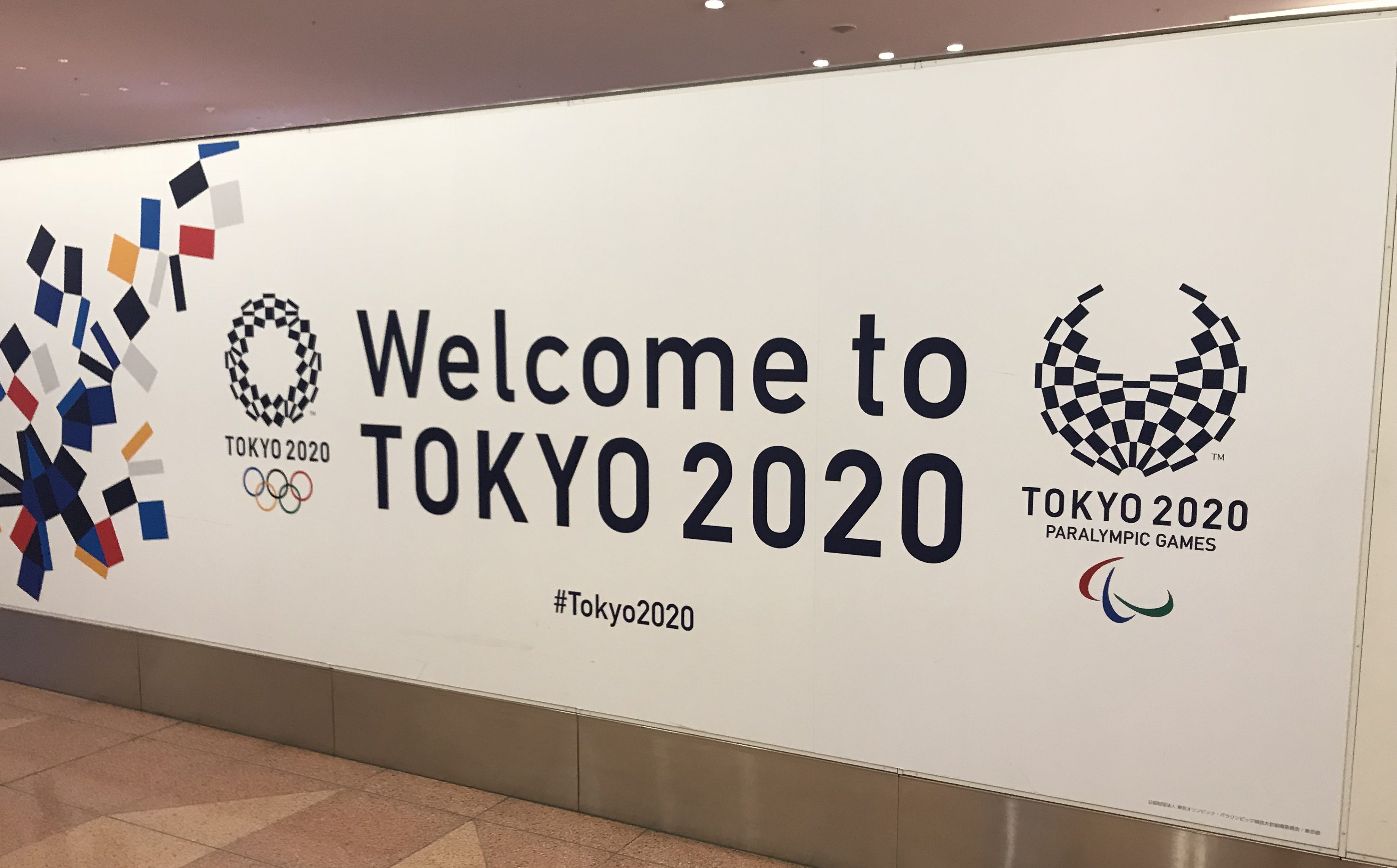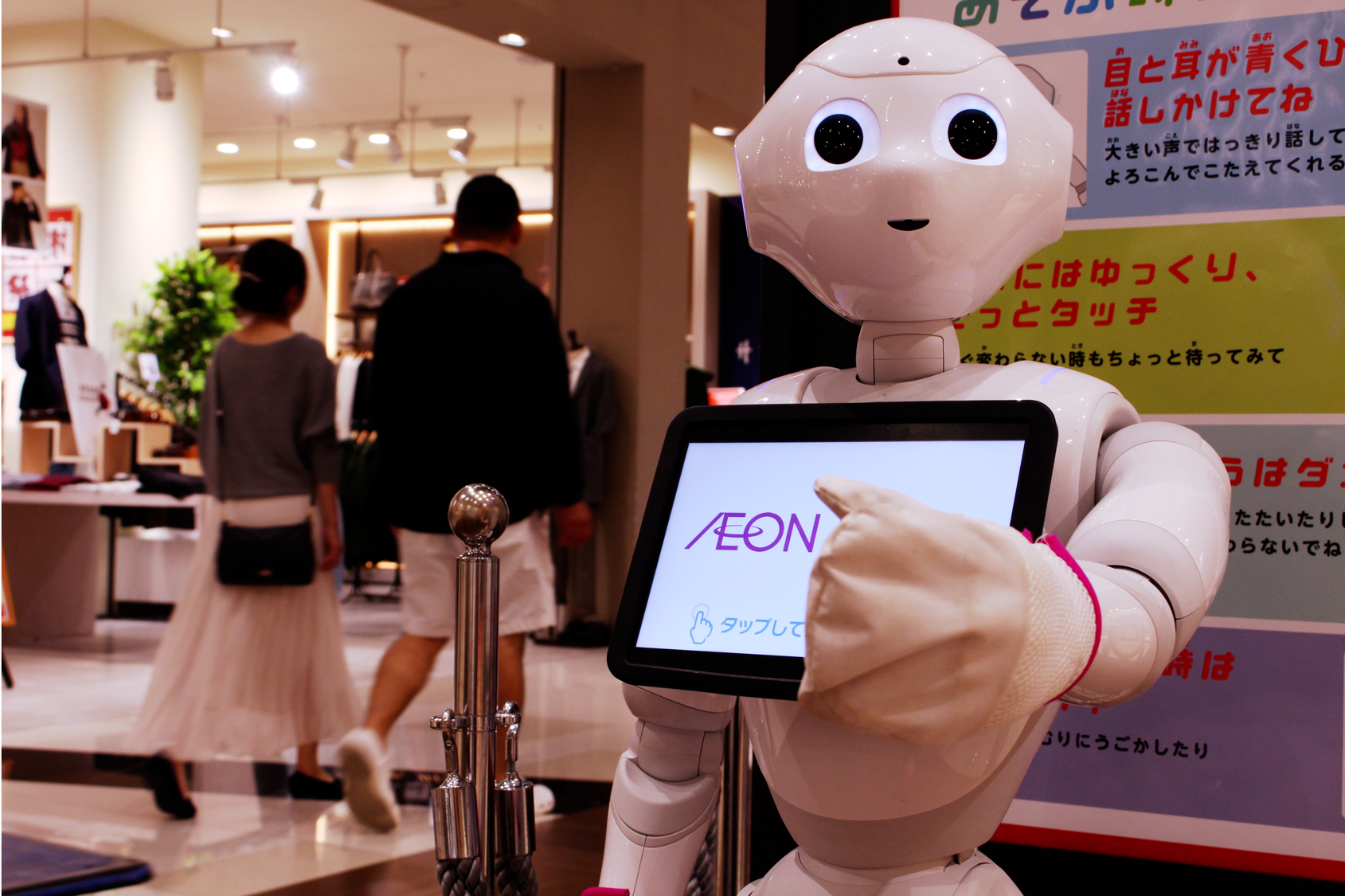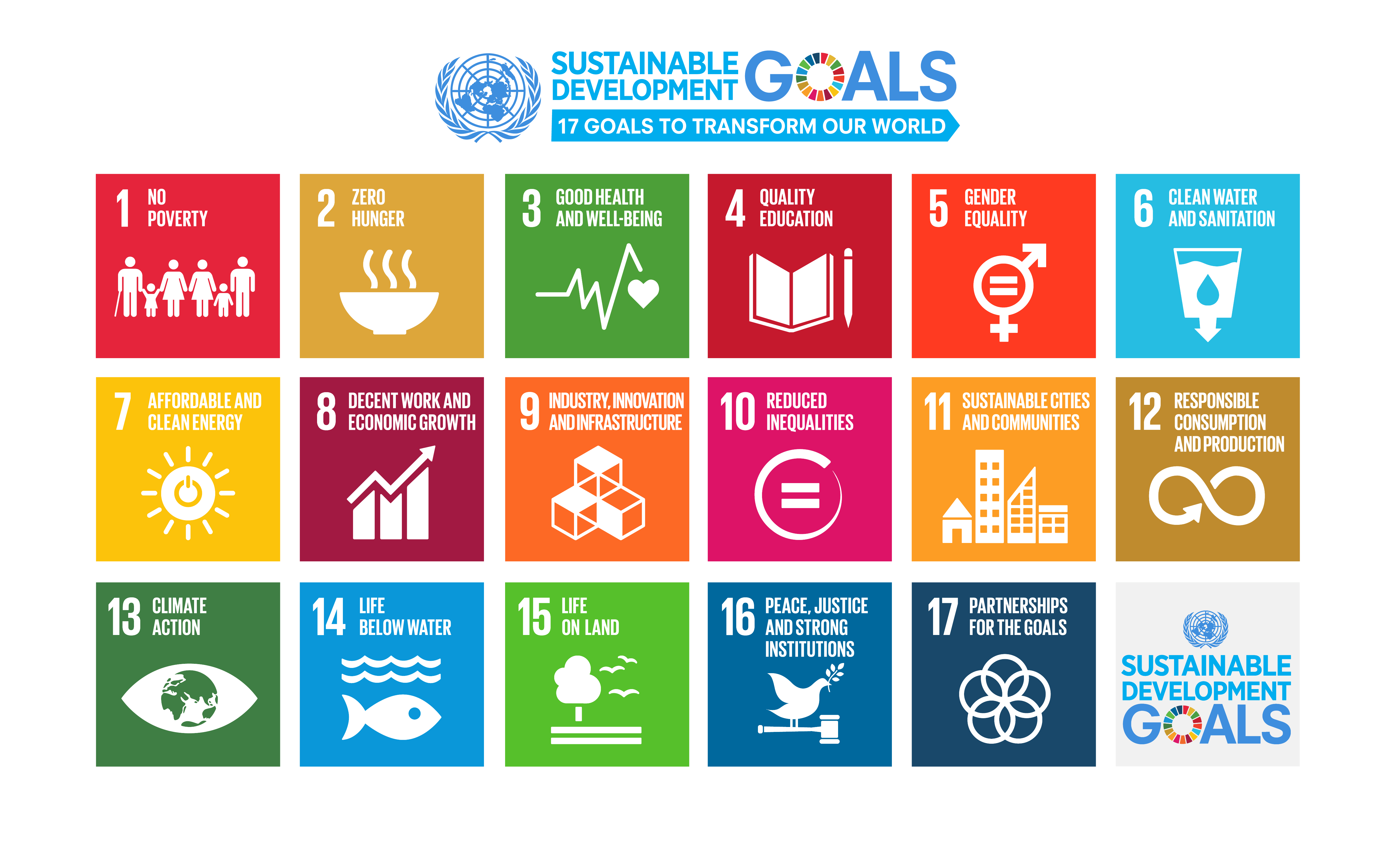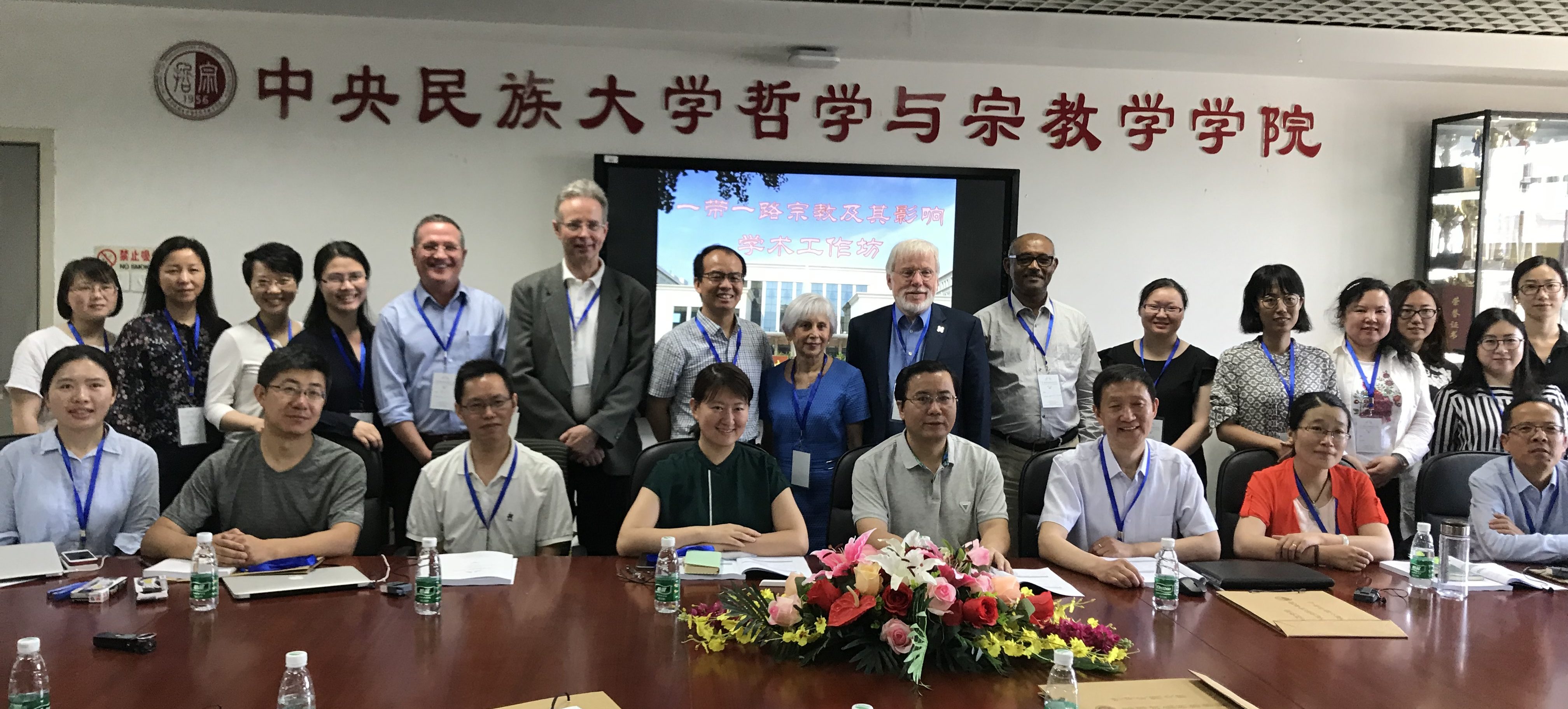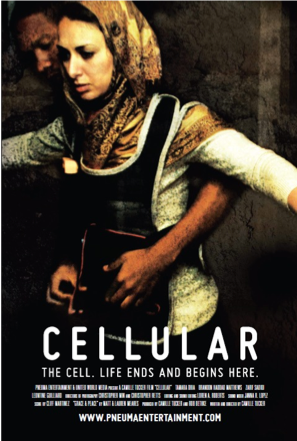 Press release by: Shirin Taber and Rickie Farnes (Los Angeles, California – June 1, 2018)
Press release by: Shirin Taber and Rickie Farnes (Los Angeles, California – June 1, 2018)
In the last year we have witnessed fewer reported suicide attacks worldwide, however, a record-high 137 women carried out bombings in which 4,310 people were killed. In May 2018, a band of young sisters acted on their plan to bomb various locations throughout London after their fiancés died fighting for ISIL in Syria. Earlier in the month, a family of suicide bombers attacked three churches in Surabaya, Indonesia, killing at least 13 and seriously wounding a dozen more.
Cellular, a short film directed by Camille Tucker, chronicles the journey of a young Arab woman in Los Angeles ensnared in a local terrorist plot. After receiving startling news, she begins her unexpected journey away from radicalism. Produced by Muslim and Christian students, the film aims to inspire young women to counter religious based violence and promote peace and security (Article 1325).
Rather than being just mothers to future jihadists, women around the world are now radicalized and used as propagandists for ISIL. Women terrorists increase numbers, garner media attention, and act as exceptional stealth agents. Coerced into committing acts of terror, many women are told they will be brave heroes, protecting their people, redeeming their families, following God’s will, and transporting themselves to a better place.
In her recent speech to the United Nations, actress Anne Hathaway said, “I remember the indescribable – and as I understand it universal – experience of holding my week-old son and feeling my priorities change on a cellular level.” Women are a source of life, often the first responders during times of crisis, and the film Cellular highlights this influence women have within themselves to promote the common good.
According to the newly released United Nations Plan of Action for Religious Leaders and Actors, a comprehensive approach is necessary to prevent and counter violent extremism and gender-based violence. Through the strengthening of education, media collaboration, engagement with partners, and interfaith dialogue, faith leaders can take the lead in building peaceful and just societies.
As part of the Plan of Action mandate, the Middle East Women’s Leadership Network has developed a media strategy that challenges every woman and girl to be peace-promoting citizens. MEWLN uses short films such as Cellular to help empower women to counter violent extremism through media. The organization also holds workshops to train peace activists and connect with NGOs, peace actors, and media producers in North Africa, Europe and the United States.
Everyone has a part to play in preventing violence and promoting inclusivity. Now more than ever, its essential for women to actively participate in peacebuilding, educate their children to say no to cultural and religious based violence, and encourage one another to resist all forms of hate speech.
To view the film Cellular, please choose one of the links below:
https://vimeo.com/271577413
https://youtu.be/DPpOKDP_VyQ.
Please contact Shirin Taber at Middle East Women’s Leadership Network about the U.N. Plan of Action, film screenings, discussion questions and workshops.
CONTACT: Middle East Women’s Leadership Network
shirin@visualstory.org; www.mideastwomen.org/contact
CELLULAR Discussion Questions
- 1. Why did the men in the film want to bomb the train station in Los Angeles?
- 2. Why is Fatima delayed in completing the suicide mission?
- 3. How does the nurse play a role in Fatima’s journey?
- 4. What happens at the mosque? How does Fatima’s perceptive begin to change?
- 5. How does Amir react when he learns that Fatima is pregnant?
- 6. How does Amir challenge Fatima to complete the mission? What does he promise her?
- 7. Why does Amir believe Rashid is a messenger of God?
- 8. What is Rashid’s message? How does Fatima respond to his message?
- 9. What does this film reveal about the impact of Fatima’s pregnancy and her courage as a woman?
- 10. If you met Fatima, what would you want to share with her?
- 11. Is it ever right to use violence for something you believe in?
- 12. Do you think this film can help others to think about conflict in a different way?
- 13. How can we help prevent cultural and religious based violence in our communities?
- 14. What are the biggest lessons you received from this film?
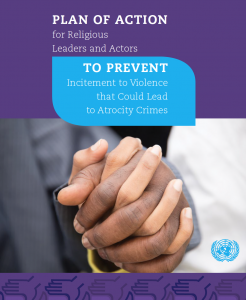 The United Nations recently released a Plan of Action for religious leaders, addressing the importance of preventing incitement to violence, which can lead to genocide, war, and crimes against humanity. The Plan of Action outlines ways to prevent incitement to violence and strengthen communities through education, media and collaboration. U.N. Secretary General Antonio Guterres states, “Religious leaders can play a particularly important role in influencing the behavior of those who share their beliefs. Unfortunately, religion has sometimes been misused to justify incitement to violence and discrimination, and it is vital that religious leaders from all faiths show leadership.”
The United Nations recently released a Plan of Action for religious leaders, addressing the importance of preventing incitement to violence, which can lead to genocide, war, and crimes against humanity. The Plan of Action outlines ways to prevent incitement to violence and strengthen communities through education, media and collaboration. U.N. Secretary General Antonio Guterres states, “Religious leaders can play a particularly important role in influencing the behavior of those who share their beliefs. Unfortunately, religion has sometimes been misused to justify incitement to violence and discrimination, and it is vital that religious leaders from all faiths show leadership.”
The CELLULAR film was produced by Muslim and Christian students and is intended for educational purposes. People of faith, NGOs and peace actors have the unique platform to create peace-promoting solutions. We hope this film will inspire more people to create short films to counter violence and promote reconciliation. Please share this film through social media and at small and large group gatherings. For further information about the U.N. Plan of Action, film screenings, discussion questions and workshops, please contact Middle East Women’s Leadership Network at shirin@visualstory.org or www.mideastwomen.org
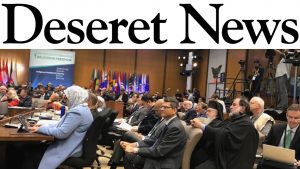 3 key takeaways from this week’s first-of-its-kind State Department religious freedom event
3 key takeaways from this week’s first-of-its-kind State Department religious freedom event 

